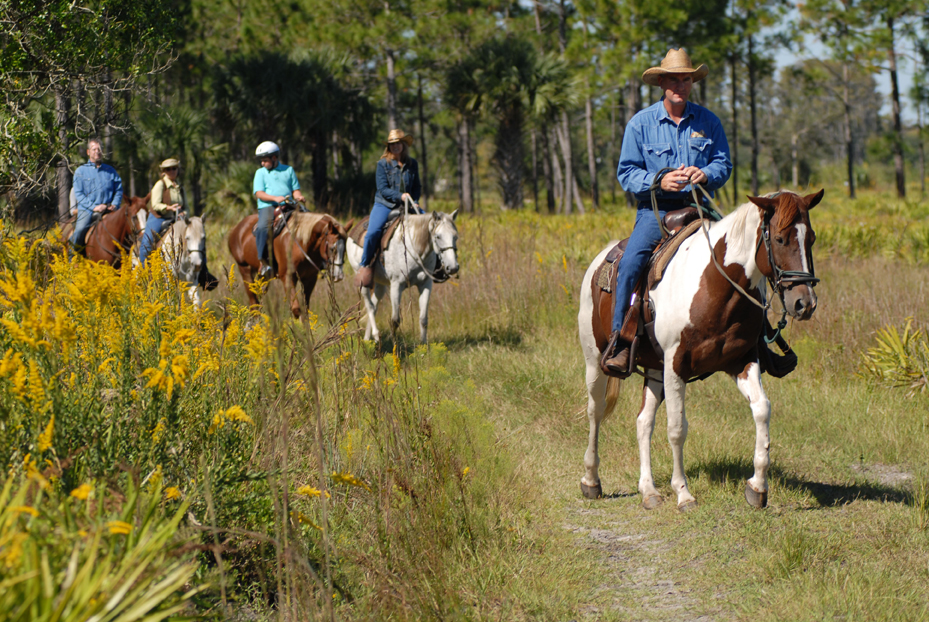What to consider in a horse for recreation
Many people dream of owning a horse, envision riding around trails, cleaning and currying and connecting with a noble creature that has shared a special bond with mankind throughout history. There are some important considerations you should factor in if you are thinking of buying your first recreation or pleasure horse.
While the considerations for a recreation horse are not nearly those for a horse that you plan to race, breed, or ride in competitions, there are some important ones out there. The first is to really, honest-to-goodness examine whether you are able to adequately take care of a horse. Owning a horse requires a good amount of your time and money just for the basics. While the love of a horse is priceless, the cost of a horse has a dollar sign attached, and it’s a hefty one. All of those costs should be considered before investing in a recreation horse.
“It is important for potential owners to understand all of the factors that are involved in equine care. Costs include housing or stabling, feeding the horse, and providing routine hoof and veterinary care,” advises Dr. Amanda House, a clinical associate professor with the Large Animal Hospital at the University of Florida. Those basic costs alone can add up quickly, so it’s vital to look at all options— such as taking riding lessons or “leasing” a horse at a stable— before taking the plunge and committing to a horse.
Once you have decided that a horse is for you, you need to look at the nature and disposition of a prospective horse. According to Bridget Carlisle, UF/IFAS Extension agent, “Don’t get hung up on purchasing a horse of a certain age. Younger horses, if started right and the appropriate temperament, can be just as trustworthy as an older horse. Don’t negate a horse that you think is too old, either. Some recreational horses can be of service into their thirties!”
What is important, however, is the experience level of the horse. “Purchase a horse that matches your current skill level,” advises Carlisle. “I had a trainer that used to always say ‘green doesn’t go with green.’” Similarly, but not exactly the same consideration, Carlisle recommends, “Focus sharply on the temperament of the horse. A well-tempered horse will make all the difference in the world when faced with new or unexpected challenges.”
Lastly, you also have to consider the health and ability of the horse to perform. “Typically, we would recommend a veterinary evaluation prior to purchasing,” maintains Dr. House. An examination is a better bet than relying on a visual inspection alone to ensure that a horse is free of health issues or conditions. Considering all these factors before and during the hunt for the perfect horse will help ensure happy riding in your future.
CREDITS
story by ERIKA ALDRICH

